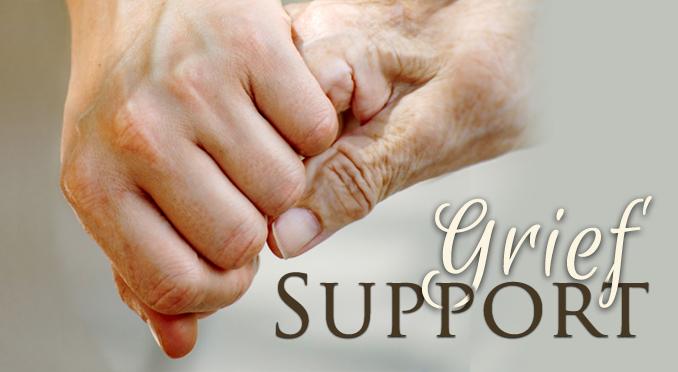

Healing a Grieving Heart
By BCBailey | September 30th, 2015
 Losing a loved one is a heart-wrenching experience. The powerful, complex, and conflicting emotions that survivors struggle with often leave a person feeling alone and helpless. Understanding the basic elements of grief and learning key coping skills can help individuals heal and move forward after their loss.
Losing a loved one is a heart-wrenching experience. The powerful, complex, and conflicting emotions that survivors struggle with often leave a person feeling alone and helpless. Understanding the basic elements of grief and learning key coping skills can help individuals heal and move forward after their loss.
There is no correct way to face the loss of a loved one. However, there are some emotions that are commonly experienced while grieving. These feelings include disbelief, shock, numbness, denial, sadness, anxiety, guilt, depression, loneliness and frustration. It can even include anger directed at the person who died, other [Grief] family members, medical staff, or toward religious convictions.
Often grief manifests itself in physical symptoms such as tightness in the chest or throat, chest pains, panic attacks, dizziness or trembling, and disturbed sleep patterns.
During the healing process, crying is healthy because it is an emotional and physical release.
It is also perfectly normal for a person to feel like they are going “crazy.” Everyday tasks can become difficult or demanding. Suddenly driving a car, paying bills, or shopping for groceries can feel overwhelming.
A good rule of thumb during this period is not to overexert yourself. Carry a small notebook and record things that need remembering. Alert your boss and coworkers that you may not be operating at maximum efficiency. Ask friends and family for support. Above all else, be patient with yourself.
How long grief lasts is different for everyone. However, many experts agree that the grieving process is complete when you are able to think of the deceased without pain. This doesn’t imply that you won’t still miss that person, it only means that your sadness will be different, gentler, less wrenching.
There are sources to help you work through your grief. Your local National Funeral Directors Association (NFDA) member funeral director is an excellent resource during this painful time. Your NFDA funeral director will listen to your concerns, explain how others have approached their grief, and give you any recommendation he or she can to help you. Here are some additional ways to cope with the pain from a loss:
• Seek out supportive people
• Join a support group
• Take care of your health
• Find outside help when necessary
More information on healing after the loss of a loved one is available through your local NFDA member funeral home, or by visiting NFDA’s Website at www.nfda.org. NFDA is the world’s leading and largest funeral service association, serving 19,700 individual members who represent more than 10,000 funeral homes in the United States. Bailey Family Owned Funeral Homes & Cremation Services are proud members of NFDA.



